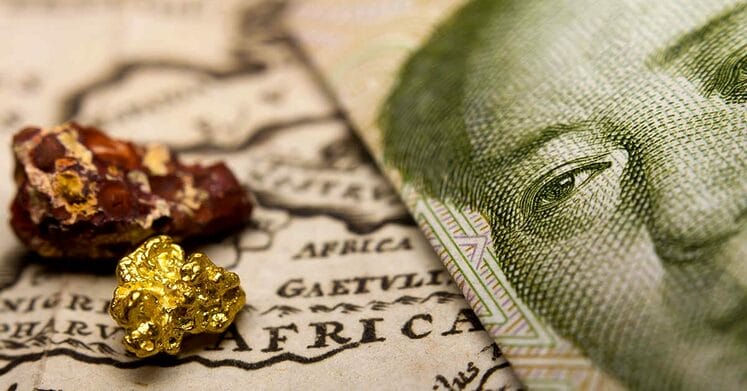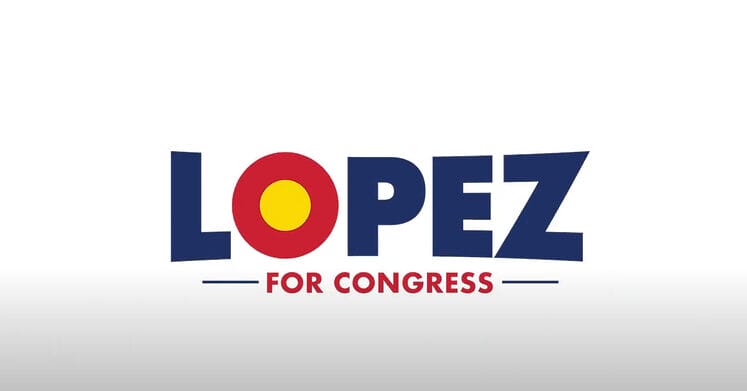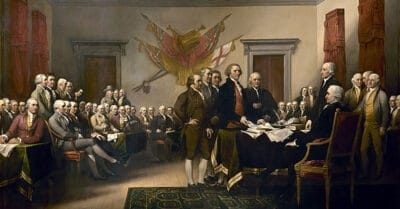None of us in Denver enjoys looking out towards the Rocky Mountains only to have our view blocked by the brown haze that looms over the city during our periods of atmospheric inversion. Fortunately the government is here to force upon us an unproven solution that creates a host of new problems. For the low cost of tens of billions of taxpayer dollars including more than $20 million extracted from the pockets of Coloradans alone, middle-class Americans have been granted the incredible opportunity to subsidize the cost of the production, purchase, and charging infrastructure of electric vehicles for the very deserving wealthy elite and large corporations. The great state of Colorado goes further than just offering the largest EV tax subsidy of any state; even the coal-produced electricity to power these vehicles is being distributed for free at most of the 23 state-owned charging stations using funds meant for maintaining our highways.
When we pull back the curtain on EVs, we will discover the same charlatans that promised us Volkswagen’s “Clean Diesels” and the panacea of plastic recycling. Most devastating though, electric vehicles will doom us into repeating a violent history by swapping a dependence on foreign oil for a subservience to China in order to acquire the rapidly-dwindling supply of conflict metals needed to make the huge EV battery packs that will eventually be discarded into the landfill that has become planet Earth.
At a time when the shale revolution has propelled the United States to become a net oil exporter for the first time in 75 years, electric cars may serve as the most profound way to undermine this newfound energy independence. Though the media scoffed when President Trump suggested in August that the United States would like to purchase Greenland, this remote, desolate land mass offers something we so desperately need: rare earth elements.
Rare earth metals are lurking everywhere in our lives—electronics, solar panels, wind turbines, medical equipment, lasers, magnets, satellites, and missile guidance systems. President Trump invoked the Defense Production Act in July to declare that rare earth elements are essential to our national defense. The engines of electric cars require elements like neodymium and dysprosium, but cobalt is of the utmost importance in the manufacture of EV’s lithium ion batteries. Cobalt can be found in war-torn Afghanistan where our troops have been stationed since 2001, but it’s the conflict-ridden jungle mines of the Congo that accounted for 67% of global mined cobalt in 2017.
This story doesn’t stop in the Congo though, as China foretold the coming importance of rare earth minerals and has invested $2 trillion since 2005 to secure a stronghold throughout Africa. China even beat us to Greenland with a 12% stake in the largest rare earth mineral deposit there. Beyond controlling 80% of the world’s supply of raw rare earth minerals, China holds 85% of the world’s capacity to process the raw mineral ores into a usable product. China supplied 80% of the rare earth minerals imported by the United States from 2014 to 2017, and our demand for these minerals grew by 17% in 2018. Burdensome US regulations passed in 1980 reduced domestic supply of these metals to only the Mountain Pass mine in California, but all 50,000 tons extracted here annually still must be shipped to China for processing where they incur a 25% tariff for the privilege.
It’s unfortunate that with a disappearing supply and near-total dependence on China, the recycling of rare earth minerals is nonexistent. We’ve seen this unsustainable scenario before. We are swimming in plastic waste. And despite the fact that “there is 100 times more gold in a ton of mobile phones than in a ton of gold ore,” the world still only manages to recycle about 20% of the 50 million tons of electronic waste generated every year. The volatile energy packed in lithium ion batteries makes explosions a real risk if they are discarded. If safe disassembly is possible, the materials inside may be too impure to reincorporate into new batteries. Much like the BP Deepwater Horizon drilling rig explosion and the Fukushima Daiichi nuclear disaster, we can only hope that one day a robot will be invented to handle the dangerous job of containing the energy we failed to harness in this electric vehicle experiment.
Maybe instead of our government fleecing taxpayers to support an unsustainable dream, citizens could be granted the freedom to invest their own money as they see fit. In Colorado residents who have committed the high crime of owning a vehicle made in the last decade are penalized every year with exorbitant “ownership taxes” tacked onto their license plate registration. This tax effectively rewards people who choose to drive 10-year-old or more, less fuel efficient vehicles while also carving out yet another discount for people who bow down to the government’s electric car mandate. Moreover, the system we use for comparing fuel efficiency, miles per gallon, triggers a fallacy in our thinking that leads us to underestimate the value of removing the most fuel-inefficient vehicles. For instance going from a car that gets 12 MPG to a car that achieves 14 MPG saves 120 gallons of gas over 10,000 miles. Going from a a car that already reaches 34 MPG to one that can hit 50 MPG only saves 94 gallons of gas over that same distance. In trying to force winners and losers, the government has created an incentive that keeps the most polluting vehicles on the road and leaves the biggest fuel savings on the table. The real winner in the push for electric vehicles is not the environment, it’s China.









Responses